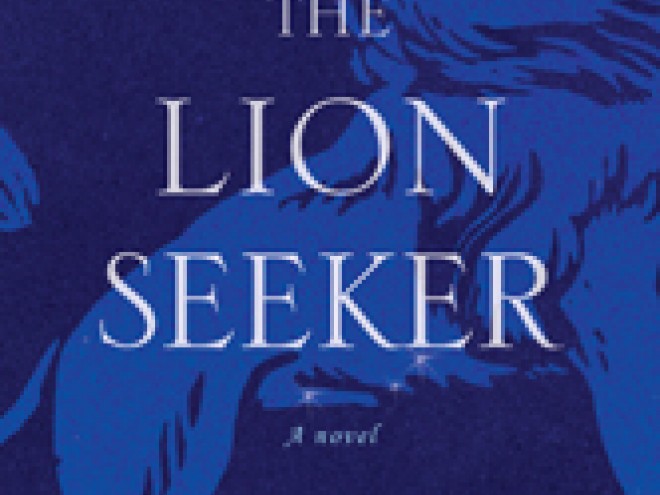1. Gitelle is the main character in the prologue, but as the novel continues, Isaac becomes the focus. How does Gitelle, Isaac’s mother, maintain a central role? Is this story hers or Isaac’s?
2. Religion provides meaning in the Helger family. What does the Jewish faith mean to Gitelle, Abel, Isaac, and Rively? How are they the same? Different? Whose faith changes the most? Why?
3. Bonert touches upon the subject of bullying when Isaac enters school. Isaac is called names based on his looks, his religion, and his temper. What are the repercussions of this bullying on Isaac as he witnesses and experiences the many facets of prejudice and racism?
4. Gitelle preaches hard work, yet she attempts to help Isaac develop schemes to make money. Is this contrary to her base philosophy? Is it okay to circumvent the law and social mores to advance one’s place in society?
5. Isaac’s yearning for Yvonne Linhurst exposes him to people who have, whereas he has previously been surrounded by people who have not. Isaac still pursues her. Why? What does this say about Isaac? What do Yvonne’s actions say about her? Can you think of any other couples in literature with the same differences in background? How do Isaac and Yvonne compare to these models?
6. Through specific events, such as Isaac’s confrontation with Magnus Oberholzer and the rise of powers before the war, the author emphasizes the need people and countries feel for superiority: “The only thing that really counts in this world is the fist.” How does this philosophy influence Isaac and his decisions? Is this philosophy still applied today? Explain.
7. Isaac Helger is the novel’s protagonist, but some readers will not identify with or like Isaac. Do Isaac’s flaws and decisions affect your sympathy for him? Do we need to like a protagonist for a novel to be successful? Can you think of other flawed or unlikable “heroes” in literature? How does Isaac compare?
8. Prejudice creates tense moments for Isaac. What role does racial tension play in his development? How do Isaac’s views on race compare to what they would have been if he had remained in Lithuania? Is this ironic?
9. The escalation toward WWII provides a catalyst for many of the characters’ decisions, especially Isaac, Hugo, and Gitelle. What tension is the author creating through this development? Is it successful? This tension about race not only reflects in the backdrop of the approaching war but also in characters such as Magnus Oberholzer. Why does Magnus despise Isaac so much? Is Isaac to blame for any of this hatred?
10. What is the significance of the title, especially as it relates to the life of Isaac Helger?
11. The author weaves history throughout the novel. Discuss some of the names, places, and documents, such as Hertzog, Lithuania, and the Jager Report. How do they add to the novel? How do these references provide a catalyst for the narrative and characterization?
12. Just like Gitelle, Avrom blames Isaac for what has happened. Is Avrom to blame? Why or why not? What are the repercussions for each character’s deception? What does each character learn?
13. We learn that Doornfontein means “fountain of thorns.” Discuss the significance of this meaning, especially regarding the members of the Helger family: Isaac, Gitelle, Abel, Rively.
14. Rively decides to keep the truth about the story of the rest of the family in Dusat from Isaac. Is this the right decision? Why or why not?
15. From Isaac, Mame, Abel, and Rively, what does the reader learn about lessons from the past and how to apply them to the future? There always seems to be a dichotomy to life. Is the focus on one better than the other? Is a balance needed to be maintained between the two?
16. How did your perception of South Africa’s participation in WWII change over the course of reading ? And how did your perception of how South Africa’s citizens were affected by the war change?
The Lion Seeker17. Bonert’s coming-of-age novel captures the reader because of its historical perspective, diverse characters, and narrative through the lives of immigrants. What other novels have intrigued readers in this same manner? How does use or upend these narrative traditions? How does it compare to other Jewish literature: Saul Bellow, Philip Roth, Bernard Malamud, Cynthia Ozick, Budd Schulberg, Isaac Bashevis Singer, and others?
The Lion Seeker



